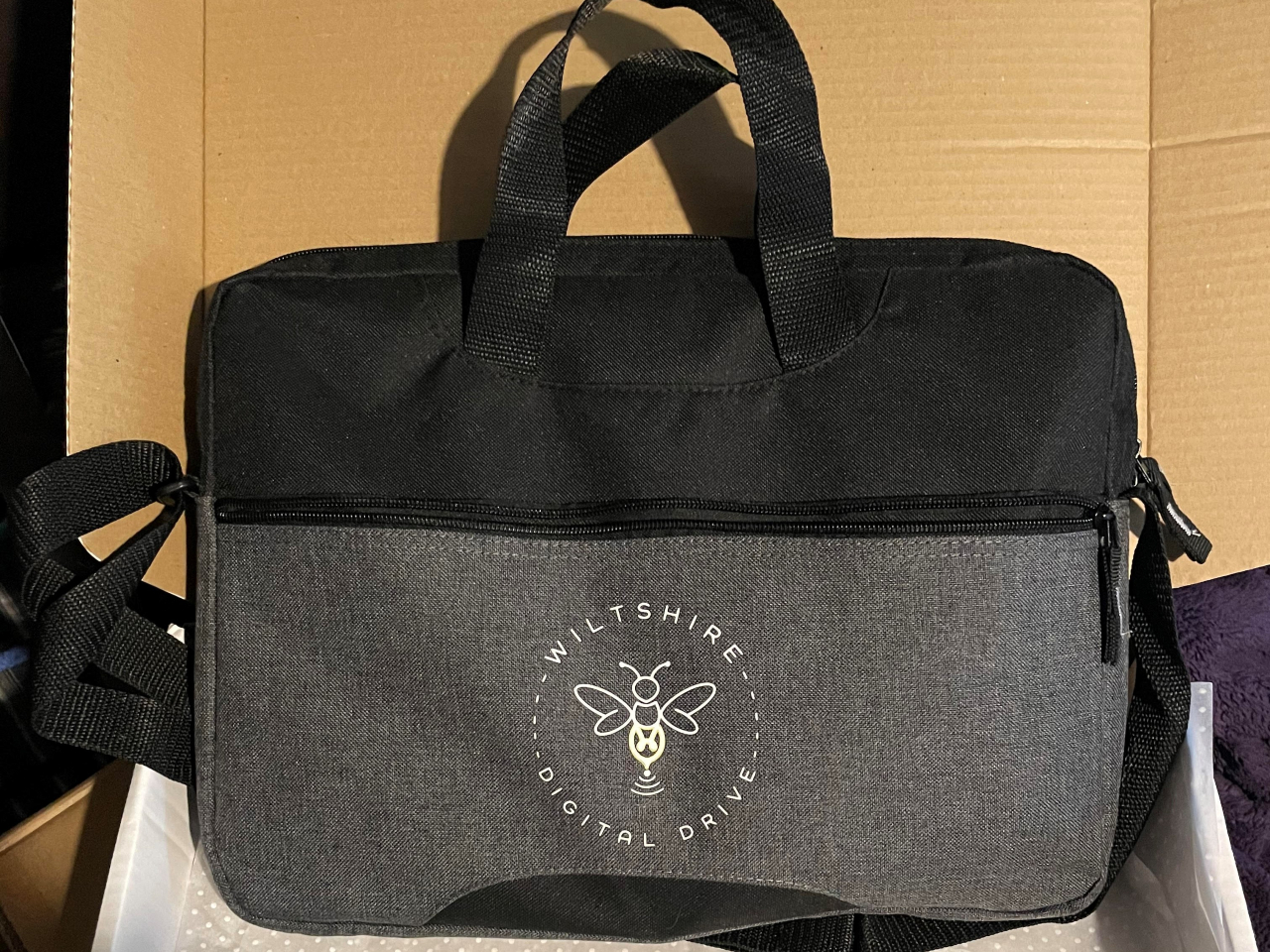

Our work is focused on the enforcement of labor standards, particularly on the issue of wage theft - in Colorado, more than $750 million is stolen from workers each year, making wage theft a pertinent issue in the state. My work in Denver, Colorado as a JWJ Clean Slate Fellow is just one way example of how we are connecting existing, local labor efforts to the broader Clean Slate project. Through new and existing efforts at the local levels, we are working with Clean Slate to support labor campaigns across the country, and to win innovative pro-worker policies from the ground up. That’s where Jobs With Justice (JWJ) comes in. Indeed, the collective bargaining experiments and campaigns in which working people are already involved must inform the proposals for rethinking labor law. However, a true “overhaul” of the workforce will not happen in a vacuum, nor are working people waiting for the passage of legal reforms in order to engage in collective bargaining. But those are just a few facets of the initiative - as reported by The Guardian, the Clean Slate is overall “a far-reaching overhaul of American labor laws to vastly increase workers’ power on the job and in politics.” And it outlines the creation of industry-wide unions composed of workers within entire fields, rather than within a single workplace. It provides currently unprotected members of the workforce - such domestic workers, independent contractors, farmworkers, incarcerated workers and disabled workers - with legal pathways to collectively bargain.

Officially released in January 2020, the Clean Slate report, like the name implies, offers a fresh start for thousands of American workers. It’s called the Clean Slate for Worker Power, and it sets out a bold new set of policy proposals meant to restructure and better equalize the relationships between employers and employees in the modern American economy. That’s why, through the coming together of over 70 leading scholars, labor leaders, economists, and activists, we’re offering a whole new way for policy makers to view labor law and the workforce. In the face of stagnant wages and skyrocketing costs of living, working families need new, overarching solutions - because band-aids won’t solve generations worth of systematic inequality. By Eric Leveridge, Clean Slate for the Future of Labor Law Fellow


 0 kommentar(er)
0 kommentar(er)
